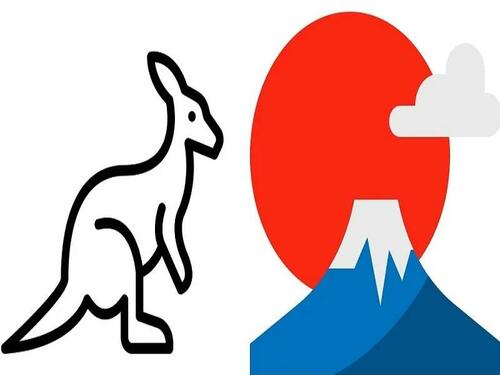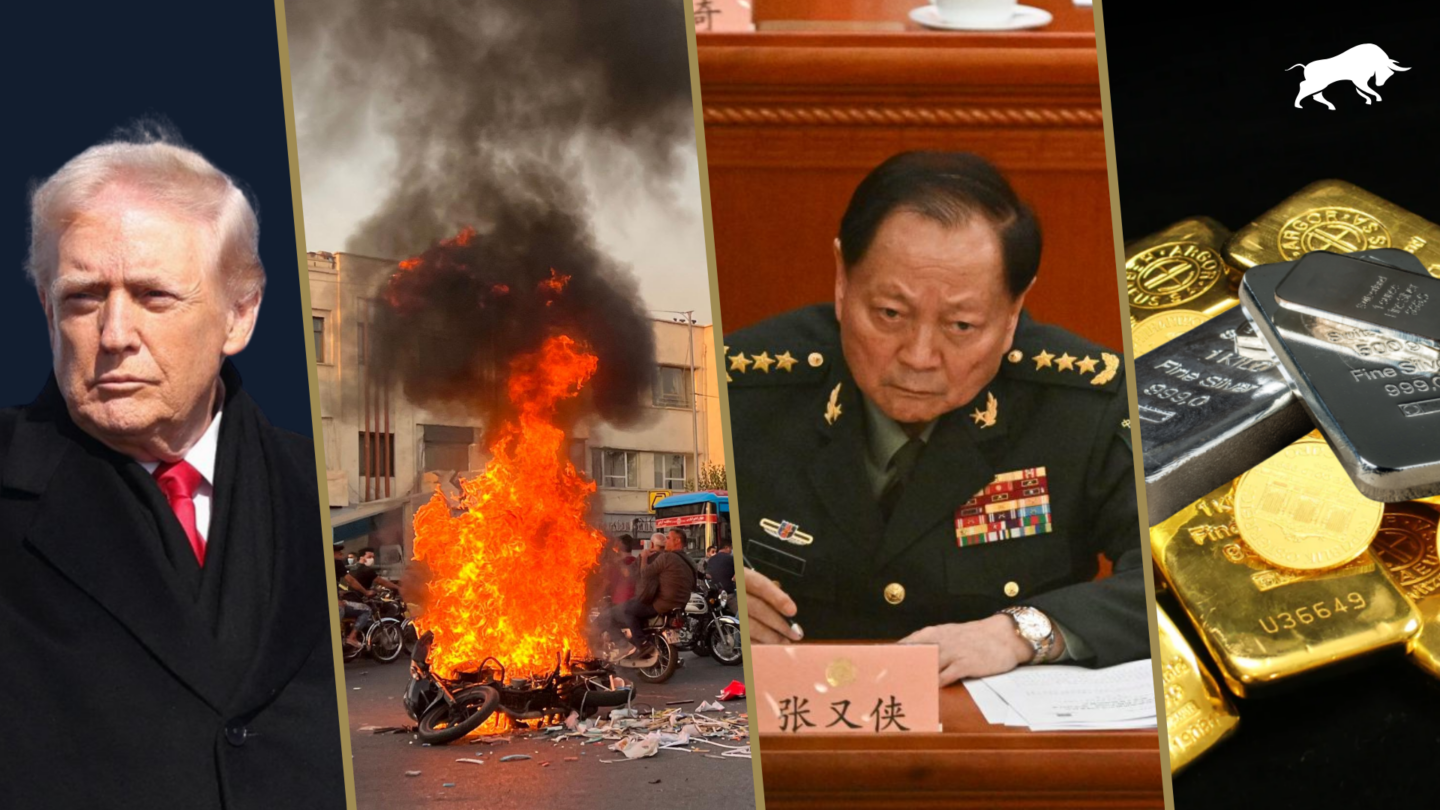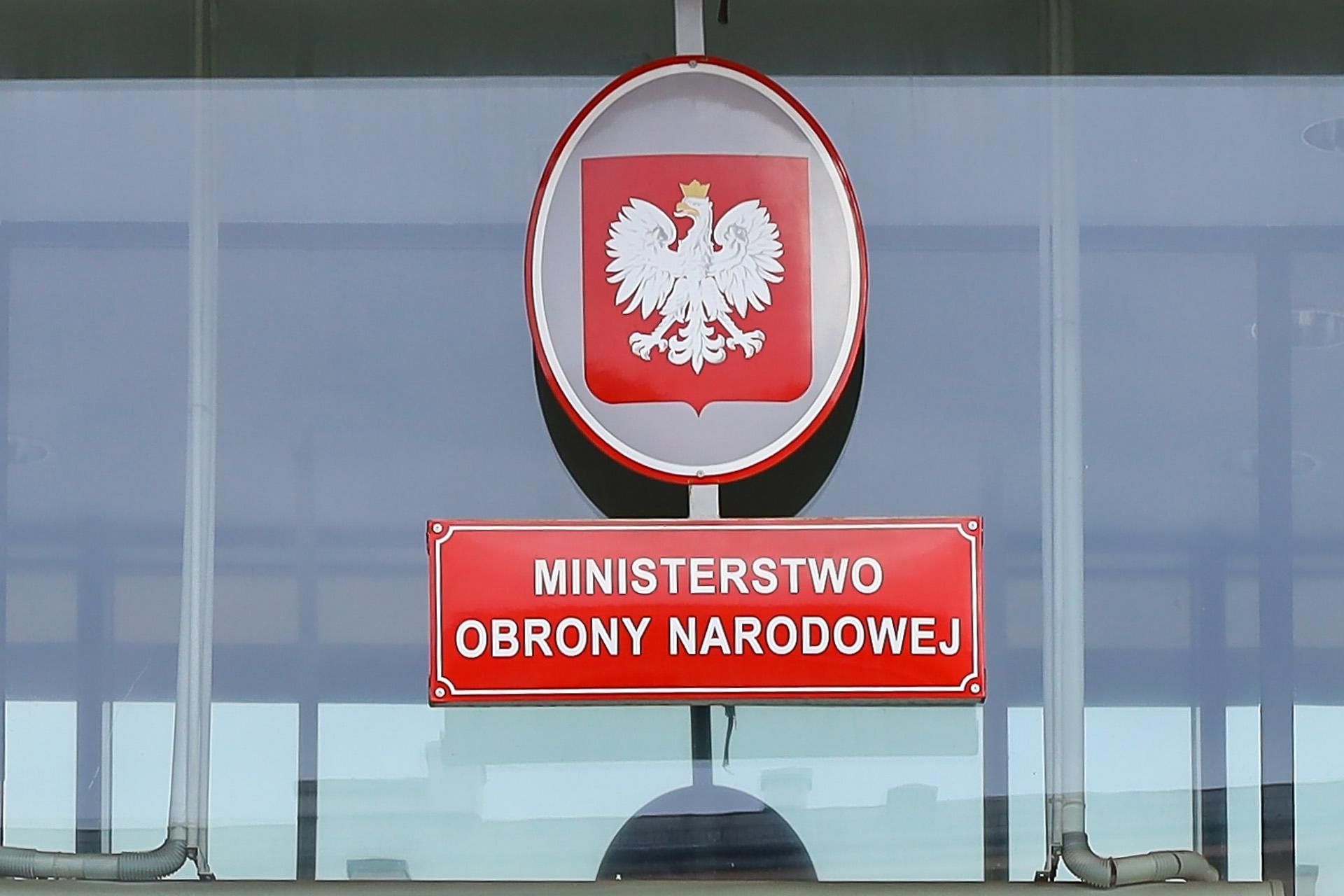
Australia & Japan Are Seemingly Having Second Thoughts About The De Facto Asian NATO
Authored by Andrew Korybko via Substack,
Playing any role in a Sino-US war over Taiwan, even a logistical one, could provoke Chinese retaliation…

The Financial Times reported that US Under Secretary of Defense for Policy Elbridge Colby recently asked Australian and Japanese defense officials how their countries would respond to a war over Taiwan. He also asked them to boost defense spending after NATO just agreed to do so during its latest summit. Colby lent credence to this report by tweeting that he’s “focused on implementing the President’s America First, common sense agenda of restoring deterrence and achieving peace through strength.”
This sequence shows that Trump 2.0 is serious about “Pivoting (back) to (East) Asia” in order to more robustly contain China. This requires freezing the Ukrainian Conflict and assembling a de facto Asian NATO, however, both of which are uncertain. As regards the first, Trump is being drawn into “mission creep”, while the latter is challenged by Australia’s and Japan’s reluctance to step up. To elaborate, they seemingly expected the US to do all the “heavy lifting”, just like NATO expected till recently as well.
That would explain why they didn’t have a clear answer to Colby’s inquiry about how their countries would respond to a war over Taiwan. Simply put, they likely never planned to do anything at all, thus exposing the shallowness of the de facto Asian NATO that the US has sought to assemble in recent years via the AUKUS+ format. This refers to the AUKUS trilateral of Australia, the UK, and the US alongside what can be described as the honorary members of Japan, the Philippines, South Korea, and Taiwan.
Australia and Japan are correspondingly envisaged as this informal bloc’s Southeast and Northeast Asian anchors, yet they’re evidently unwilling to fulfill the military roles that their US senior partner expects. What it apparently had in mind was them at the very least playing supportive logistical roles in the scenario of a Sino-US war but their representatives reportedly didn’t even suggest as much to Colby. This in turn reveals that they fear retaliation from China even if they don’t participate in combat.
Japan’s population and resultant economic density make it extremely vulnerable to Chinese missile strikes while unconventional warfare could be waged against Australia through sabotage and the like. Moreover, China is their top trade partner, which opens up additional avenues for retaliation. At the same time, however, neither of them wants China to seize control of Taiwan’s TSMC (if it even survives a speculative conflict) and obtain a monopoly over the global semiconductor industry.
The US doesn’t want that either, but the problem is that the two envisaged anchors of its de facto Asian NATO aren’t willing to boost defense spending nor seemingly assist America in a war over Taiwan. That’s unacceptable from Trump 2.0’s perspective so tariff and other forms of pressure could be applied for coercing Australia and Japan into at least spending more on their armed forces. The endgame, however, is for them to agree to play some sort of role (whether logistical or ideally combative) in that scenario.
Seeing as how the US won’t relent on its “Pivot (back) to (East) Asia”, it’ll likely coerce the aforesaid concessions from Australia and Japan one way or another. The same goes for the other members of AUKUS+, namely South Korea, the Philippines, and Taiwan, albeit with perhaps a little less defense spending from the last two. All in all, “The US Is Rounding Up Allies Ahead Of A Possible War With China” as was assessed in May 2023, but it’s anyone’s guess whether it actually plans to spark a major conflict.
Tyler Durden
Thu, 07/24/2025 – 02:00








